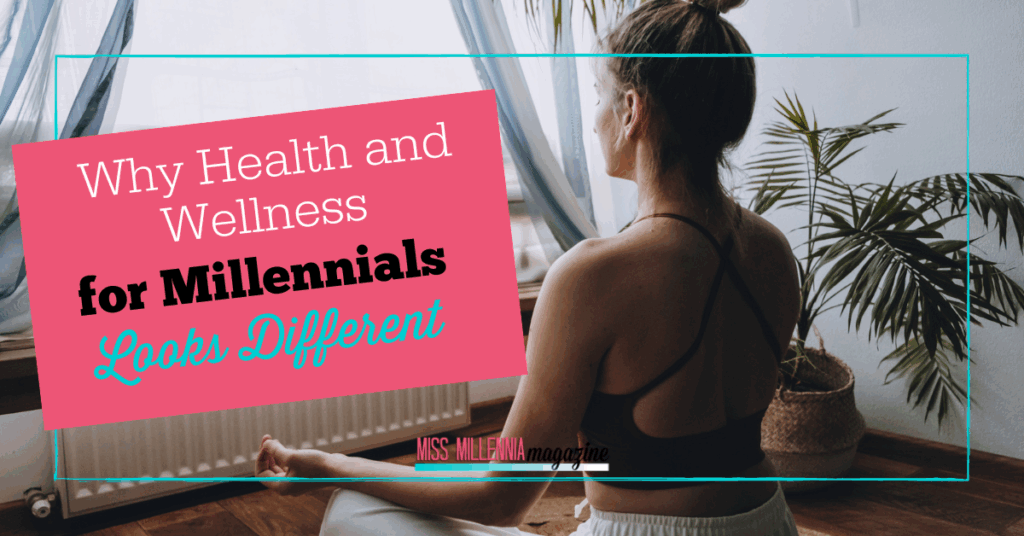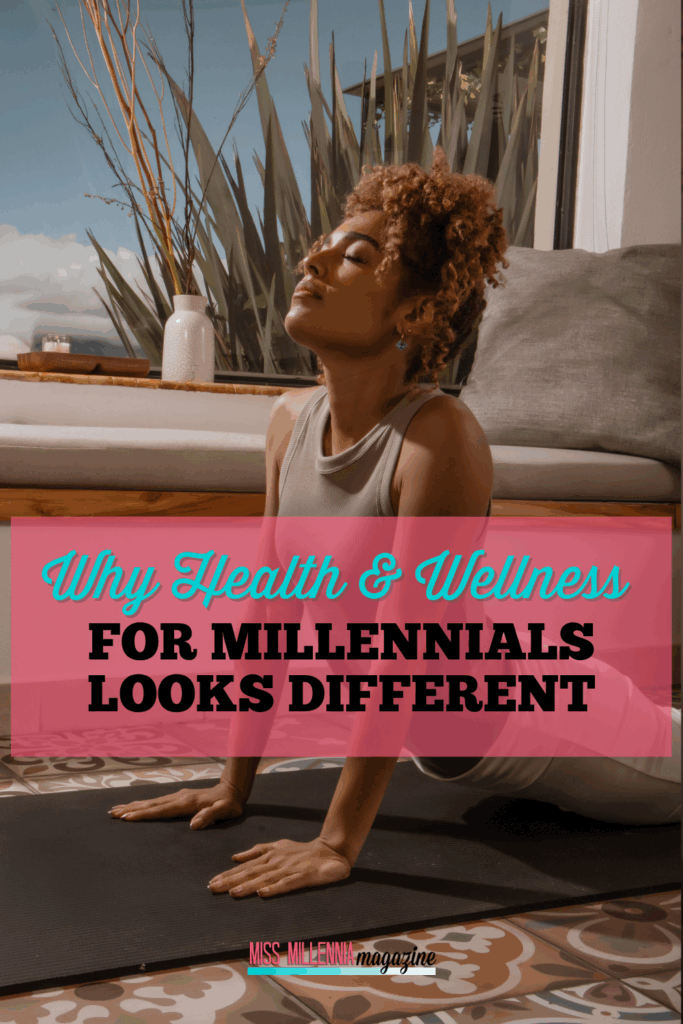Why Health and Wellness for Millennials Looks Different

The way we think about health and wellness for millennials differs from that of earlier generations. Today, it is less about strict routines and more about how we feel, care for ourselves, and keep balanced when life never really slows down. Many millennials view health as something more comprehensive and personal.
For some, it may seem like turning off notifications to protect their peace. For others, it is making time for an authentic lunch instead of powering through another meeting. Wellness for millennials now encompasses every aspect of life—mental, physical, and emotional health all receive attention. The goal is a life that feels good and aligns with real routines and genuine needs.
How Mental Health Became a Priority
For years, topics like therapy and anxiety were kept quiet. That change is happening fast among millennials.
Mental wellness is now a regular part of conversation, whether it’s checking in with a therapist or openly talking about a tough work week. Saying, “I feel burned out,” is normal, and it usually means others know precisely what you mean. Watch the video below on mental hygiene.
Social media has helped turn those private struggles into public support. Seeing stories about anxiety, therapy, or burnout makes it easier to talk about yourself. Emotional wellness is no longer saved for emergencies. It is something many try to work on every day, almost like drinking water, stretching, or taking vitamins.
Recent articles featured in Miss Millennia Magazine regularly spotlight mental health tools and self-care apps that cater to busy schedules, demonstrating how these resources support young women in their everyday lives.
Taking care of one’s mental health is now a fundamental part of overall well-being.
What Wellness Looks Like in Everyday Life
Wellness today is not always about gym memberships or pricey smoothies. Oftentimes, it is the little habits that matter most.
Here are a few ways health and wellness for millennials show up in daily routines:
- Enjoying a slow, unrushed morning
- Saying no when things get too busy
- Drinking enough water throughout the day
- Stepping outside for a break between meetings
What matters now is choosing habits that actually fit your life, rather than just following trends. Wellness is less about doing what looks impressive and more about feeling steady and calm. It takes the stress out of self-care by keeping things personal and realistic.
Redefining Fitness on Their Own Terms
Fitness is changing, too. Once, it meant alarms, rigid routines, and chasing a specific look. That pressure is fading.
Now, more people work out at home or use apps and stream classes on their own schedule. Low-impact moves, such as walking or yoga, count, and there is freedom to change things up. Some days, you may feel strong and get moving, while on other days, you may rest and take it slow. Both are perfectly okay.
Many millennials see movement as a way to calm anxiety or boost sleep, not just change their bodies. Fitness is no longer about being perfect. It is about checking in and doing what feels good in the moment.
Miss Millennia Magazine often includes guides to at-home workouts and creative ways to fit movement into everyday routines, making wellness less about perfection and more about feeling good.
Food, Body Image, and Self-Care Culture
Many millennials have abandoned strict diets in favor of a healthier balance. The questions have changed from “Is this healthy?” to “Does this make me feel good now and later?”
Intuitive eating, body acceptance, and self-care have become much more common. Eating for satisfaction, not guilt, is a shift many people now embrace. Wellness writers emphasize that listening to your own body—even if it doesn’t align with a viral trend—is key.
Self-care has moved out of the weekend or post-burnout treat zone. Lighting a candle, resting with a good playlist, or simply packing a nourishing lunch are now considered wins. The point is to feel more grounded, not perfect or polished.
The Role of Technology and Boundaries
It has never been easier to find wellness content—apps, podcasts, and YouTube shows are everywhere. Whenever you feel stuck, you can explore new ways to stretch, meditate, or unwind.
However, nonstop access to screens can have unintended consequences. Too much time online can add stress. Many millennials are learning to set limits on their phones or laptops, even for a few hours. Deleting old apps, turning off alerts, or setting digital-free blocks is now just as important as starting a new healthy habit.
Some people take a short social break to maintain their peace of mind. As the seasons change, longer evenings and fresh air invite more time away from screens and back into real moments with friends, family, and quiet time.
Thriving on Their Own Terms
The meaning of health and wellness for millennials continues to expand, with more room for genuine experiences and less pressure to conform to a single definition. Millennials now choose options that match their needs, not someone else’s checklist.
Daily choices might include therapy, preparing simple home-cooked meals, or setting aside time to rest without guilt. Each choice feels anchored in what works, not what is expected. Feeling well may look different than before, but it means this generation is building self-trust and setting habits around what matters most. That space for honest self-care is something worth celebrating.
At Miss Millennia Magazine, we recognize that everyone takes a unique path to feeling well, and that’s part of what makes it personal and powerful. For more grounded inspiration and real-life ideas around health and wellness for millennials, we share honest takes that support the way many of us choose to move, recharge, and grow—without pressure or perfection.
